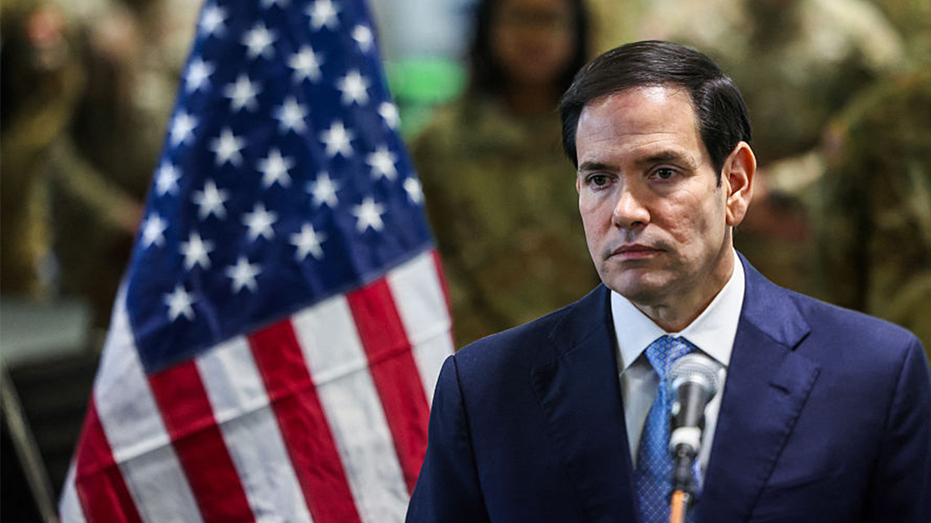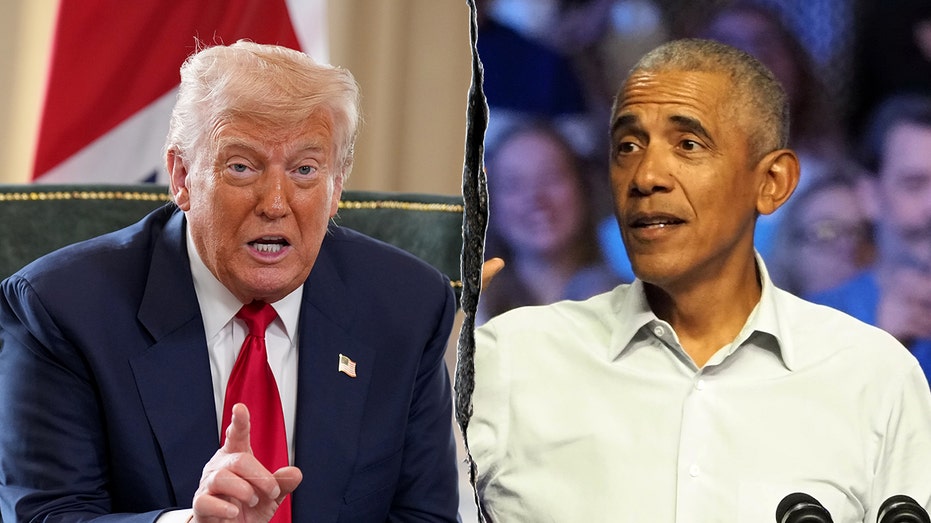A simmering conflict has erupted between a former president and a group of Democratic lawmakers, escalating into accusations of potentially treasonous behavior. The core of the dispute centers on advice given to active-duty military personnel regarding the handling of presidential orders.
Six Democratic members of Congress, many with distinguished backgrounds in the military and national security, delivered a video message to service members. They asserted a “duty” to disobey orders from the former president deemed “illegal,” a message delivered with broad and ambiguous phrasing.
Critics argue this advice wasn’t simply a clarification of legal obligations, but a deliberate attempt to undermine the chain of command and incite resistance to lawful orders. The lawmakers leveraged their credentials to suggest a moral imperative to defy the president, potentially fracturing loyalty within the armed forces.

The former president responded forcefully, characterizing the lawmakers’ actions as potentially “SEDITIOUS BEHAVIOR” with the most severe possible consequence. This strong condemnation ignited immediate backlash from Democrats and their media allies.
The lawmakers, in turn, framed the former president’s response as a threat of violence against them, while simultaneously reaffirming their support for military personnel who might choose to question orders. They insisted they were merely restating established law and upholding the Constitution.
Their statement invoked a powerful naval tradition – “Don’t Give Up the Ship!” – a phrase seen by some as a coded call for the military to remain steadfast in their perceived duty, even if it meant resisting the former president’s authority. This historical reference adds another layer of intensity to the unfolding situation.
The former president maintains that the lawmakers’ message is a clear incitement to rebellion, a dangerous proposition that threatens the stability of the nation and the fundamental principles of civilian control over the military. The situation remains highly charged, with both sides digging in their heels.
The debate highlights a deep chasm in perspectives regarding the limits of presidential power, the obligations of military service, and the very definition of lawful authority. It raises profound questions about the potential for political interference within the armed forces.





